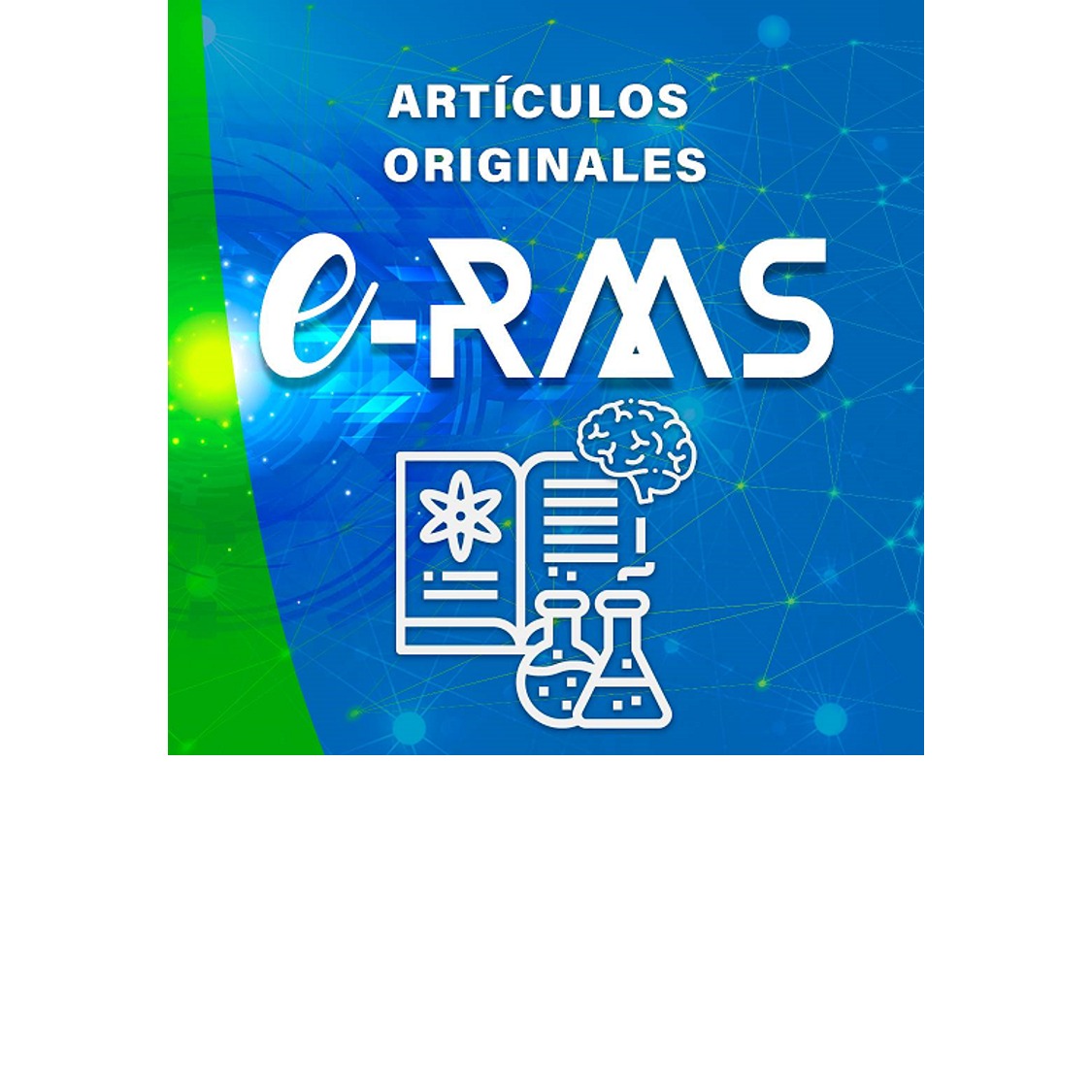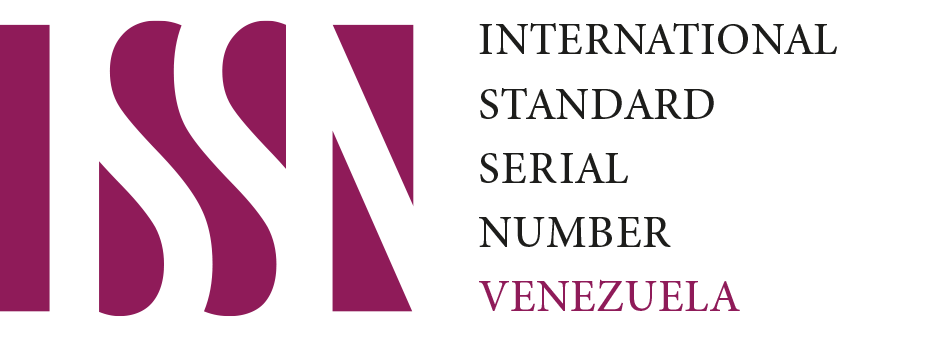Análisis de la relación de Burnout y Engagement en estudiantes de nivel superior del Instituto Tecnológico Superior Zacatecas Sur
DOI:
https://doi.org/10.61286/e-rms.v3i.269Palabras clave:
Burnout, engagement, estudiantes, universidad, México.Resumen
El burnout, cansancio o fatiga emocional escolar es uno de los problemas principales en las instituciones educativas de nivel superior a nivel mundial y está relacionado con el bajo rendimiento, el ausentismo, hasta el abandono o deserción escolar. En sentido opuesto el engagement académico ha comprobado ser un constructo fundamental para impulsar el aprendizaje, el interés, el rendimiento y el bienestar emocional de estudiantes universitarios. Por tanto, el objetivo de este artículo es identificar la relación entre el burnout y el engagement en estudiantes universitarios del Instituto Tecnológico Superior Zacatecas Sur, en México. Se aplicaron 211 formularios a estudiantes de cinco ingenierías y una licenciatura; los resultados verifican la existencia de relación positiva alta entre burnout y engagement, se comprueba que a medida que aumenta el estado motivacional persistente que experimentan los estudiantes en relación a su actividad académica por consecuencia incrementan su agotamiento y cansancio emocional; y se manifiesta en mayor medida en las carreras de contador público e ingeniería industrial, en los semestre de octavo y segundo, más en hombres que en mujeres, en los estudiantes que no trabajan y en estudiantes que están becados. Esto subraya la importancia de que las autoridades de cada institución educativa, desde directivos, administrativos y profesores gestionen de manera cuidadosa el engagement para evitar el riesgo del burnout en los estudiantes.
Descargas
Citas
Bakker, A. B. (2022). The social psychology of work engagement: State of the field. Career Development International, 27(1), 36–53. https://doi.org/10.1108/CDI-08-2021-0213
Bakker, A. B., Demerouti, E., & Sanz-Vergel, A. I. (2023). Job demands–resources theory: Ten years later. Annual Review of Organizational Psychology and Organizational Behavior, 10(1), 25–53. https://doi.org/10.1146/annurev-orgpsych-120920-053933
Bakker, A. B., Schaufeli, W. B., Leiter, M. P., & Taris, T. W. (2008). Work engagement: An emerging concept in occupational health psychology. Work & Stress, 22(3), 187–200. https://doi.org/10.1080/02678370802393649
Barroso, C., Cepeda, G., & Roldán, J. (2007). Constructos latentes y agregados en la economía de la empresa. En Asociación Española de Dirección y Economía de la Empresa (Ed.), Decisiones basadas en el conocimiento y en el papel social de la empresa: XX Congreso Nacional y XVI Congreso Hispano Francés de la AEDEM (pp. 979-993). Asociación Española de Dirección y Economía de la Empresa. https://hdl.handle.net/11441/7635
Bresó, E., Schaufeli, W. B., & Salanova, M. (2011). Can a self-efficacy-based intervention decrease burnout, increase engagement, and enhance performance? A quasi-experimental study. Higher Education, 61(4), 339–355. https://doi.org/10.1007/s10734-010-9334-6
Caballero, C., Hederich, C., & Palacio, J. (2012). El burnout académico. Delimitación del síndrome y factores asociados con su aparición. Revista Latinoamericana de Psicología, 42(1), 131–146. https://www.redalyc.org/pdf/805/80515880012.pdf
De Arco-Paternina, L. K., & Castillo-Hernández, J. A. (2020). Síndrome de burnout en época de pandemia: Caso colombiano. Interconectando Saberes, 5(10), 115–123. https://doi.org/10.25009/is.v0i10.2675
Demerouti, E., Bakker, A. B., Peeters, M. C., & Breevaart, K. (2021). New directions in burnout research. European Journal of Work and Organizational Psychology, 30(5), 686–691. https://doi.org/10.1080/1359432X.2021.1979962
Díaz, A. (2012). Estadística aplicada a la administración y economía (1.a ed.). Mc GrawHill. https://www.academia.edu/40987514/Estad%C3%ADstica_Aplicada_a_la_Administraci%C3%B3n_y_la_Econom%C3%ADa_Alfredo_D_Mata_mibibliotecavirtual
Freudenberger, H. J. (1974). Staff burn-out. Journal of Social Issues, 30(1), 159–165. https://doi.org/10.1111/j.1540-4560.1974.tb00706.x
Garden, A. M. (1987). Depersonalization: A valid dimension of burnout? Human Relations, 40(9), 545–560. https://doi.org/10.1177/001872678704000901
González-Romá, V., Schaufeli, W. B., Bakker, A., & Lloret, S. (2006). Burnout and work engagement: Independent factors or opposite poles? Journal of Vocational Behavior, 68(1), 165–174. https://doi.org/10.1016/j.jvb.2005.01.003
Hakanen, J. J., Rouvinen, P., & Ylhäinen, I. (2021). The impact of work engagement on future occupational rankings, wages, unemployment, and disability pensions—A register-based study of a representative sample of Finnish employees. Sustainability, 13(4), Artículo 1626. https://doi.org/10.3390/su13041626
Hederich-Martínez, C., & Caballero-Domínguez, C. (2016). Validación del cuestionario Maslach Burnout Inventory-Student Survey (MBI-SS) en contexto académico colombiano. Revista CES Psicología, 9(1), xx–xx.
Hernández-Sampieri, R., & Mendoza, C. (2018). Metodología de la investigación: Las rutas cuantitativa, cualitativa y mixta. Editorial Mc Graw Hill Education. https://doi.org/10.22201/fesc.20072236e.2019.10.18.6
Horstmanshof, L., & Zimitat, C. (2007). Future time orientation predicts academic engagement among first-year university students. British Journal of Educational Psychology, 77(3), 703–718. https://doi.org/10.1348/000709906X160778
Instituto Tecnológico Superior Zacatecas Sur [ITSZS]. (2025). Misión y visión del Instituto Tecnológico Superior Zacatecas Sur. https://www.itszas.edu.mx/
Junker, N., Kaluza, A. J., Häusser, J. A., Mojzisch, A., Van Dick, R., Knoll, M., & Demerouti, E. (2021). Is work engagement exhausting? The longitudinal relationship between work engagement and exhaustion using latent growth modeling. Applied Psychology: An International Review, 70(2), 788–815. https://doi.org/10.1111/aps.12252
Klinkenberg, E. K. W., Versteeg, M. K., & Kappe, R. R. (2024). Engagement and emotional exhaustion among higher education students; a mixed methods study of four student profiles. Studies in Higher Education, 49(11), 1837–1851. https://doi.org/10.1080/03075079.2023.228153
Lesener, T., Pleiss, L. S., Guys, B., & Wolter, C. (2020). The study demands-resources framework: An empirical introduction. International Journal of Environmental Research and Public Health, 17(14), Artículo 5183. https://doi.org/10.3390/ijerph17145183
Madigan, D. J., & Curran, T. (2021). Does burnout affect academic Q? A meta-analysis of over 100,000 students. Educational Psychology Review, 33(2), 387–405. https://doi.org/10.1007/s10648-020-09533-1
Martínez, I., & Salanova, M. (2003). Niveles de burnout y engagement en estudiantes universitarios: Relación con el desempeño y desarrollo profesional. Revista de Educación, 330, 361–384. https://www.educacionfpydeportes.gob.es/dam/jcr:185fe08c-621e-4376-b0e7-22d89b85e786/re3301911213-pdf.pdf
Maslach, C., Schaufeli, W. B., & Leiter, M. P. (2001). Job burnout. Annual Review of Psychology, 52(1), 397–422. https://doi.org/10.1146/annurev.psych.52.1.397
Mazzetti, G., Robledo, E., Vignoli, M., Topa, G., Guglielmi, D., & Schaufeli, W. B. (2021). Work engagement: A meta-analysis using the job demands-resources model. Psychological Reports, 126(3), 1069–1107. https://doi.org/10.1177/00332941211051988
Nerstad, C. G., Wong, S. S., & Richardsen, A. M. (2019). Can engagement go awry and lead to burnout? The moderating role of the perceived motivational climate. International Journal of Environmental Research and Public Health, 16(11), Artículo 1979. https://doi.org/10.3390/ijerph16111979
Organización de las Naciones Unidas [ONU]. (2015). Objetivos de desarrollo sostenible. https://www.un.org/sustainabledevelopment/es/objetivos-de-desarrollo-sostenible/
Rüschoff, B., & Kowalewski, T. (2024). Latent profiles of burnout and engagement in working students across work and educational contexts. Journal of Education and Work. Publicación anticipada en línea. https://doi.org/10.1080/13639080.2024.2437699
Salanova, M., Bresó, E., & Schaufeli, W. B. (2005). Hacia un modelo espiral de las creencias de eficacia en el estudio del burnout y del engagement. Ansiedad y Estrés, 11(2-3), 215–231. https://www.wilmarschaufeli.nl/publications/Schaufeli/243.pdf
Salmela-Aro, K., & Read, S. (2017). Study engagement and burnout profiles among finish higher education students. Burnout Research, 7, 21–28. https://doi.org/10.1016/j.burn.2017.11.001
Salmela-Aro, K., Upadyaya, K., Ronkainen, R., & Hietajärvi, L. (2022). Study burnout and engagement during COVID-19 among university students: The role of demands, resources, and psychological needs. Journal of Happiness Studies, 23(6), 2685–2702. https://doi.org/10.1007/s10902-022-00518-1
Santos, C., Arriaga, P., João, R. M., Carmel, C., Márcia, H. S., Melo, A. I., & Jin-Jy, S. (2023). Social and emotional competencies as predictors of student engagement in youth: A cross-cultural multilevel study. Studies in Higher Education, 48(1), 1–19. https://doi.org/10.1080/03075079.2022.2099370
Schaufeli, W. B., & Bakker, A. B. (2004). Utrecht work engagement scale: Preliminary manual (Version 1.1). Occupational Health Psychology Unit, Utrecht University. https://www.wilmarschaufeli.nl/publications/Schaufeli/Test%20Manuals/Test_manual_UWES_English.pdf
Schaufeli, W. B., Leiter, M. P., Maslach, C., & Jackson, S. E. (1996). Maslach Burnout Inventory-General Survey. En C. Maslach, S. E. Jackson, & M. P. Leiter (Eds.), The Maslach Burnout Inventory: Test Manual. Consulting Psychologists Press.
Schaufeli, W. B., Martínez, I. M., Pinto, A. M., Salanova, M., & Bakker, A. B. (2002). Burnout and engagement in university students: A cross-national study. Journal of Cross-Cultural Psychology, 33(5), 464–481. https://doi.org/10.1177/0022022102033005003
Schaufeli, W. B., Salanova, M., González-Romá, V., & Bakker, A. B. (2002). The measurement of engagement and burnout: A two sample confirmatory factor analytic approach. Journal of Happiness Studies, 3(1), 71–92. https://doi.org/10.1023/a:1015630930326

Descargas
Publicado
Cómo citar
Número
Sección
Licencia
Derechos de autor 2025 José Iván Padilla Lugo, Mireya Bautista Casas, José-Roberto González-Hernández , Marco-Antonio Esparza Medina

Esta obra está bajo una licencia internacional Creative Commons Atribución-NoComercial-SinDerivadas 4.0.
Las publicaciones en acceso abierto de e-RMS están protegidas por derechos reservados y se rigen por la Licencia Pública Creative Commons Attribution-NonCommercial-NoDerivatives 4.0 International (CC BY-NC-ND 4.0). Se permite el uso no comercial de este material, con atribuciones al autor. No se permiten derivados de esta versión.












